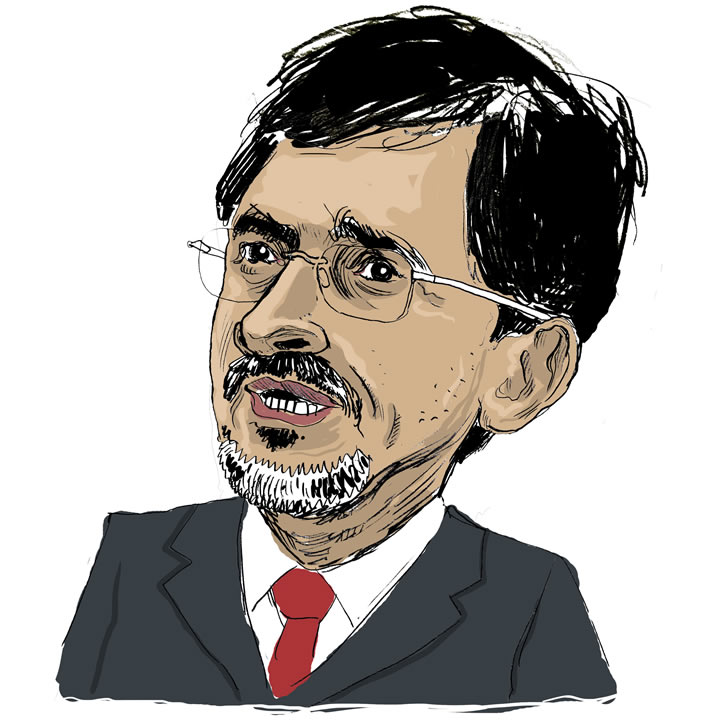Having been the minister of economic development for almost a decade, Patel is well acquainted with the economic difficulties facing the country. Since taking over from his predecessor, Rob Davies, as the political head of the department of trade and industry — competition is an added component — Patel has been known to push for the development of master plans to tackle problems.
The two departments were merged earlier this year by President Cyril Ramaphosa in a bid to reduce the bloated Cabinet. The super-ministry and its various entities, which include the Industrial Development Corporation and the Competition Commission, is trying to create these overarching plans for industries in need of a push. It has had 40 submissions from business, unions and other stakeholders in various sectors. Its greatest focus is on the struggling steel, sugar and manufacturing industries.
The department has already finalised the master plan in the car sector. This year the industry received a boost of R1.2-billion investment from Japanese car manufacturer Isuzu. The funding injection will create 1 000 direct jobs at the manufacturer’s Eastern Cape plant.
This year, the department was required to attract investment against the backdrop of slow growth and a sluggish economy. Patel has been the face of Ramaphosa’s R1.2-trillion investment drive into “SA Inc”, which, in 2018, generated R300-billion and R363-billion in 2019. While preparing for the second investment drive, Patel said the investments made last year were already bearing fruit in the vehicle production and food processing sectors and at a mobile phone manufacturing plant in KwaZulu-Natal.
Patel’s detractors, including opposition parties, civil society and industry leaders, have praised his business-friendly approach to attracting investment since taking over the merged departments. But these investments have not pushed South Africa’s economy out of the doldrums. Economic growth continues to be too low to address high levels of unemployment and poverty. Statistics South Africa’s latest data shows that gross domestic product contracted by 0.6% in the third quarter this year.
The department placed manufacturing at the heart of its master plan to grow the economy and drive industrialisation in the 2019-2020 financial year. Despite it allocating R18-billion of its budget to the sector, manufacturing has been the biggest drag on the country’s growth, contracting 0.5% in quarter three of 2019.
This has had a knock-on effect, with businesses retrenching and downsizing. The steel industry was dealt a blow when steel producer ArcelorMittal announced it would wind down its operations in Saldanha amid a tough trading environment and dwindling returns. The move will push about 1 000 people into unemployment. ArcelorMittal has also snubbed Patel’s suggestions that the plant be sold rather than closed.
This year, Patel pushed for more African countries to sign the African Free Trade Agreements, which is due to be fully implemented in July next year. The agreement, which as of July had been ratified by 54 countries, will bring new tariff-free trade to the continent.
Patel also joined five other Southern African countries to finalise a post-Brexit deal with the United Kingdom before it leaves the European Union (whenever that may be). The deal ensured that South Africa gets preferential access to the UK market even though it is likely to leave the EU.

